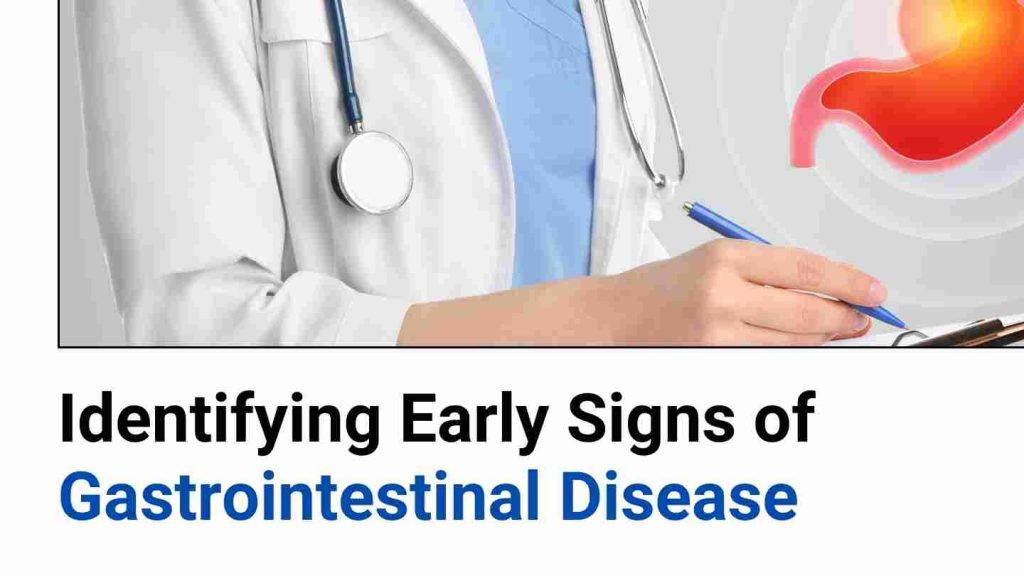- Oak Brook:(630) 705-9999
- Chicago:(312) 920-8822
- Email:inquiry@vervecollege.edu
- Make a Payment
- Home
- Programs
- Admission
- Resources
- ATI Entrance Exam Resources
- New E-Digital Library
- Refer a Friend
- School Newsletter
- Events
- Employers
- Job-Network
- Alpha Beta Kappa Candidates
- Verve College Library
- Graduation and Pinning Ceremony Photo Galleries
- Textbook Information
- Career Services
- Tutoring
- School Catalog
- FAQ
- Constitution Day Program
- Alumni
- Verve College Plans
- Financial Aid
- HEERF Reporting
- Satisfactory Academic Progress
- Apply For Financial Aid
- Net Price Calculator
- Return of Title IV Funds (R2T4)
- Financial Aid Office Code of Conduct
- Contact
- FAQs
- Verification Policy
- Vaccination Policy
- Student Right-to-Know Act
- Misrepresentation
- Information Security Program
- Academic Award Year
- Availability of Employee
- Cost of Attendance
- Health & Safety Exemption Requirement
- Students Rights and Responsibilities
- Leave of Absence
- Pell Formula
- Military Students
- Grants/ Scholarship Policy
- Contact Us
- Testimonials
- Blog
Is a Nursing Career Right For You?
Take The Free Quiz
Identifying Early Signs of Gastrointestinal Disease
Identifying Early Signs of Gastrointestinal Disease
What Are Gastrointestinal Disorders (GIDs)?
Gastrointestinal (GI) diseases affect your entire GI tract from mouth to anus and range in both functional and structural varieties – examples include ulcerative colitis and food poisoning, two major types.
What Are Functional Gastrointestinal Disorders (FGDs)?
FGDs occur when your GI tract appears normal but fails to move by normal functioning, leading to issues in both colon and rectum regions of your digestive tract such as constipation, IBS, nausea, or gas production. Examples may include constipation, IBS, nausea, gas, and gas. Licensed practical nurse programs with prerequisite courses at Verve College are here to give proper knowledge of early signs of gastrointestinal disease in healthcare settings.
Various factors may impede the motility of your GI tract
- Diets that are low in fiber.
- Exercise alone may not be sufficient.
- Travel or any other change of routine could help.
- Consuming large quantities of dairy products.
- Stress.
- Pregnancy.
What Are Structural Gastrointestinal Disorders (GID)?
A structural gastrointestinal tract occurs when your bowel becomes abnormal and no longer functions correctly, often necessitating surgical removal of abnormalities. Examples include colon cancer, diverticular diseases, or strictures that restrict or obstruct digestion, such as stenosis or hemorrhoids.
What Are the Most Frequent Digestive Conditions That Healthcare Providers Treat?
Colorectal surgeons (proctologists) specialize in digestive conditions. Gastroenterologists treat various conditions related to digestive health.
Related:- Differences Between Prokaryotic and Eukaryotic Cells Taught in A&P Class
Constipation
Constipation is a functional disorder characterized by difficulty passing stools (or having a bowel movement), with regularity less than three times per week, or having incomplete movements. You can treat constipation by:
- Integrate more fiber and water into your diet.
- Increase your intensity as tolerated through regular physical activity.
- When the urge arises, give in and let out.
- Resisting this urge could result in constipation and uncomfortable early signs of gastrointestinal disease of constipation such as cramping.
Irritable Bowel Syndrome (IBS) Affects Millions of People
Irritable bowel syndrome is a functional disorder in which intestinal muscles contract less often or at abnormal times than usual, usually in response to certain foods, medications, or emotional stressors. Certain foods, medications, and stress can all aggravate IBS’s early signs of gastrointestinal disease.
IBS symptoms typically include
- Abdominal discomfort and cramps.
- Bloating
- Veranderungs to bowel habits, such as looser or more frequent stools.
- Constipation or diarrhea, stomach pain? ; it’s possible to treat IBS at home without professional assistance.
- Avoid overconsumption of caffeine.
- Increase fiber intake.
- Avoid foods that trigger IBS, and closely track which food triggers it.
- Reduce stress by online learning how to manage it effectively
Colorectal Polyps and Cancer
Every year, 130,000 Americans are diagnosed with colorectal carcinoma – the second most prevalent form of cancer in America. With early detection and treatment, colorectal cancer can often be prevented.
Screening for Colorectal Cancer is Vitally Important
Colorectal tumors typically begin as colon polyps, benign noncancerous growths in your colon or rectosigmoid tissue lining. Cancer begins when polyps multiply, and abnormal cells increase and spread into their surroundings, eventually becoming cancerous and invading surrounding tissue.
Screening for colorectal carcinomas is critical as early-stage tumors often do not present with symptoms. If symptoms appear, however, this could indicate advanced disease. These may include abdominal pain, constant fatigue, unexplained weight loss, blood in the stool (or mixed in with it), changes to bowel habits, and narrowing of stool size.
Colorectal carcinoma is most often detected using one of four methods:
- People with a 50% or greater risk should begin screening at 45 years of age.
- Screening people with an increased risk for colorectal carcinoma, such as those with colon polyps and cancer in their family or personal history.
- An examination of the bowels is performed on patients who exhibit symptoms.
- Accident detection during a routine checkup.
Early diagnosis offers the greatest hope for recovery.
Want to Make a Career in Nursing? Get More Information About Our Courses!
Can Gastrointestinal Disease Be Prevented?
See your physician immediately if any early signs of gastrointestinal disease arise; these could include:
- Changes to bowel habits. Coughing and bloody stool. (This may appear either dark or bright in color).
- Unusual abdominal or gas symptoms
- Extremely narrow stool. Frustration. Anemia (low Blood Count).
At last, enrolling in LPN training Illinois for clinical practice can make your knowledge & basic skills more broad in health care settings in one step.
 Sign up
Sign up Login
Login




